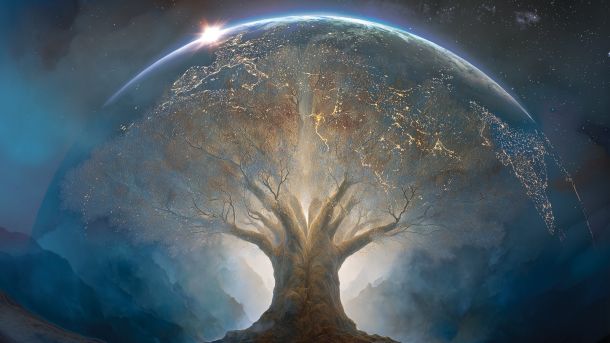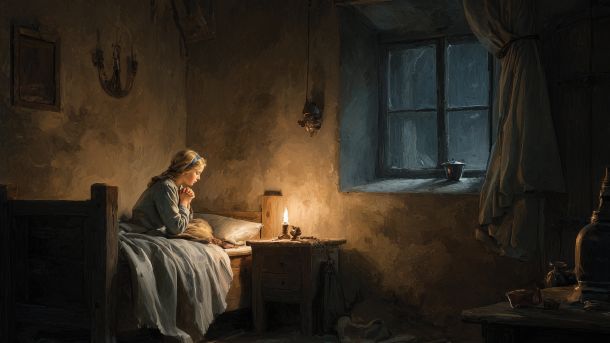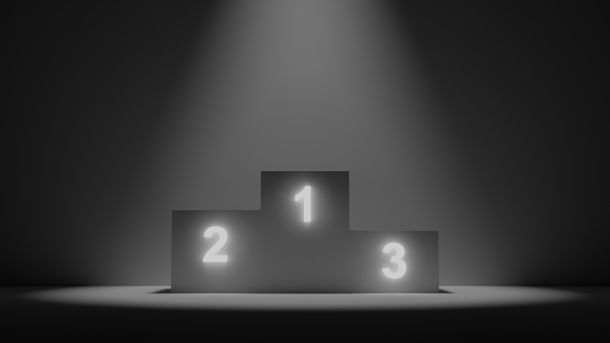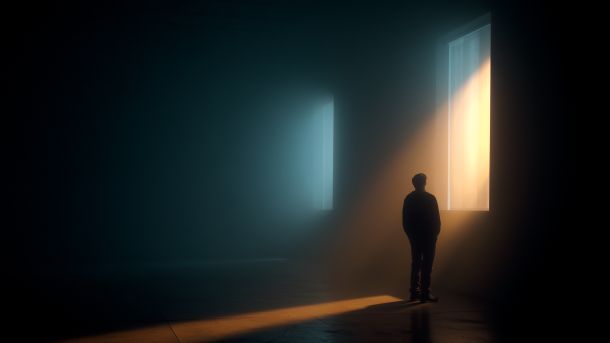Editorial: The Ultimate Truth
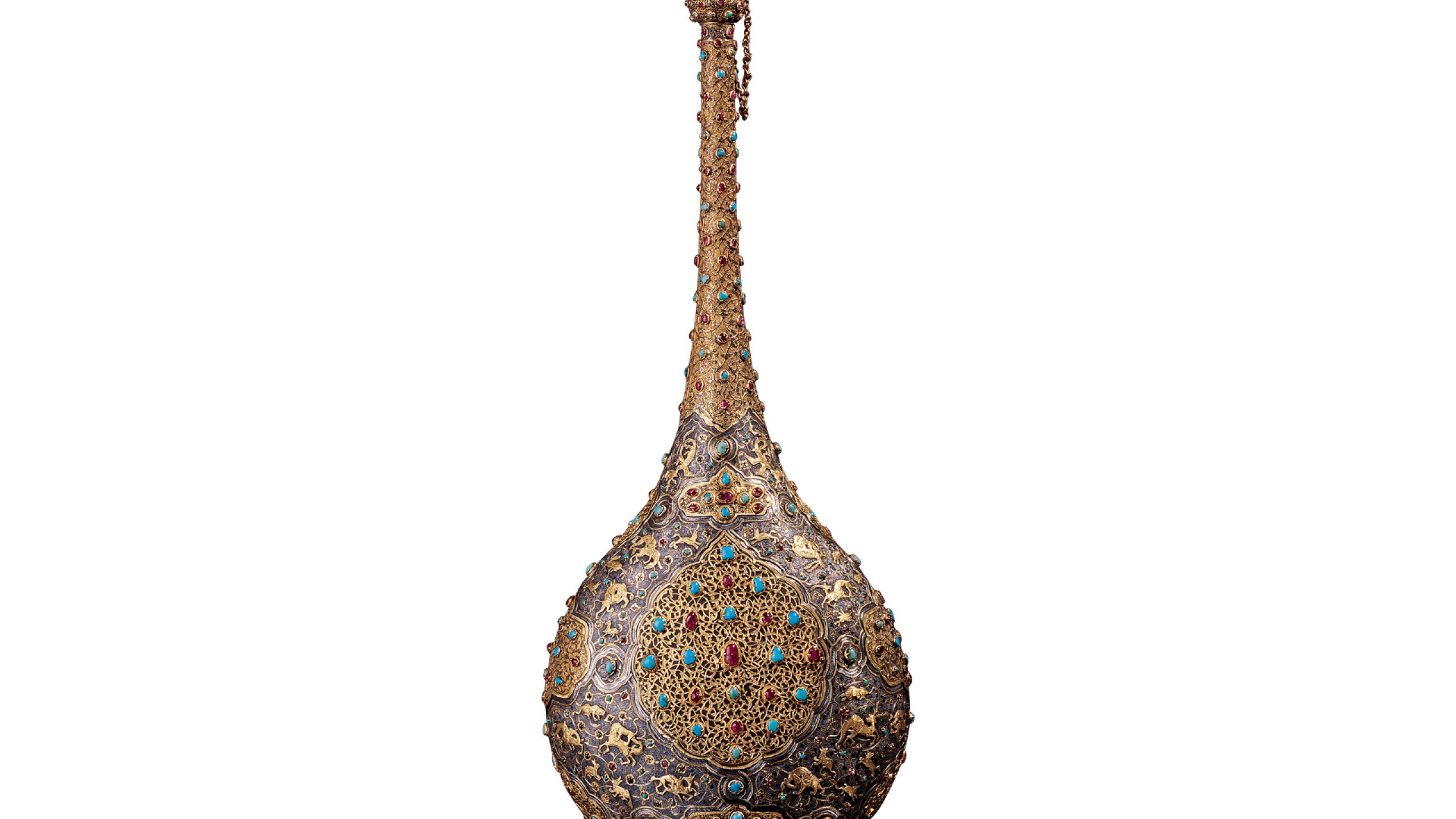
“Knowledge was a dot.” As mysterious as it sounds, this ancient statement says a lot in a few words, which Hikmet Adem is attempting to unpack in this issue. The learned men of the past were not experts in one field only – you would find them to be as knowledgeable in medicine as in astronomy, math, or religion; they knew and what they knew was a whole in their own capacity. But over time, knowledge seems to have multiplied, and this is seen as a progress in the modern mindset. While physicists are seeking an “ultimate theory,” Adem argues, “the universe becomes more meaningful” when we can explain it not only with what is visible, but also with what is not.
In the Emerald Hills of the Heart section, we study the concept of the “Special Knowledge from God’s Presence.” In contrast to the ultimate theory physicists search, it is noted in this piece, seekers of divine knowledge “search for the Ultimate Truth” and they “pay no attention to the knowledge of what people say.”
Searching the Ultimate Truth is something that can be pursued by people of belief, whose “most important characteristic” is their faith. Gülen explains in the lead article how faith transforms a person: “When faith enters hearts within its own frame of reference, the person’s thoughts concerning the universe, natural phenomena, and God all suddenly change, deepening and reaching a vastness which allows them to evaluate all existence as if it were the pages of an open book.”
Do you have any phobias? We fear many things – some of us fear flying, others fear dogs, while others fear death. Strangely, fear of spiders (arachnophobia) tops the list of major phobias among people. Dr. Oztunc explains how fear is a part of human life in his “When Fear Steers the Soul,” however unreasonable many of them are. While laying out how fear is a gift for our protection, he also gives a mathematical solution for bringing our fears under control.
This year’s Essay Contest poses a crucial question, one which will likely occupy our minds for years to come: “Real or Fake?” The contest is inviting writers to contemplate on the age of artificial intelligence that is rapidly seeping into our lives with many promising capabilities and of course questions. As we feel empowered by this cutting-edge technology in our hands, we are wondering how real our life experiences feel in the world that is now emerging before our very eyes. Perhaps in a near future, we will not know the difference, or become so immersed in it that we will replace the real with the fake.






